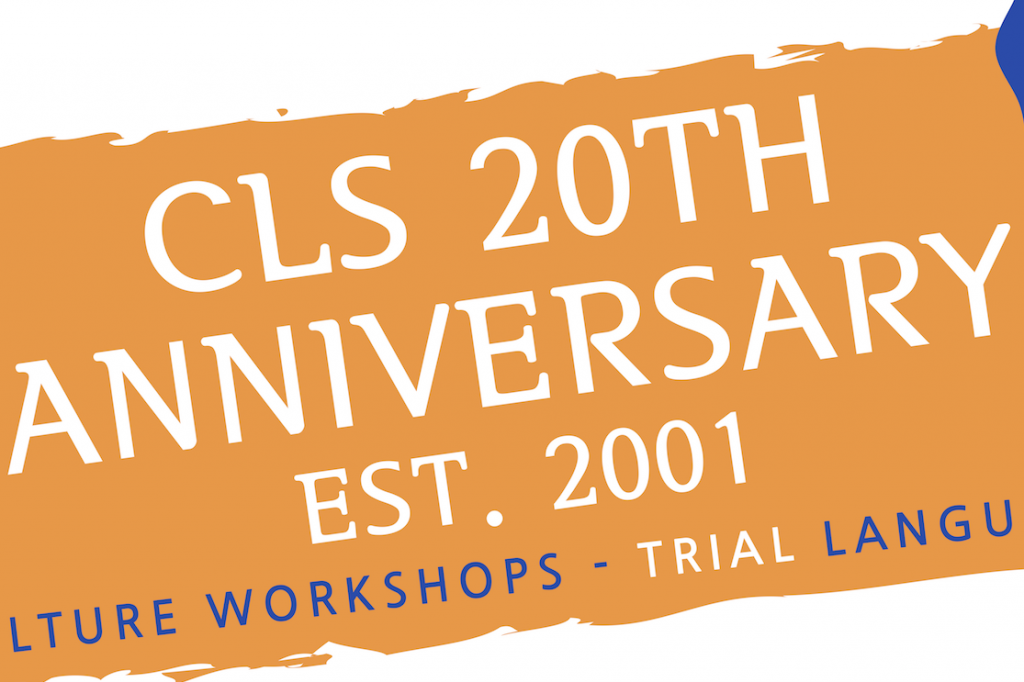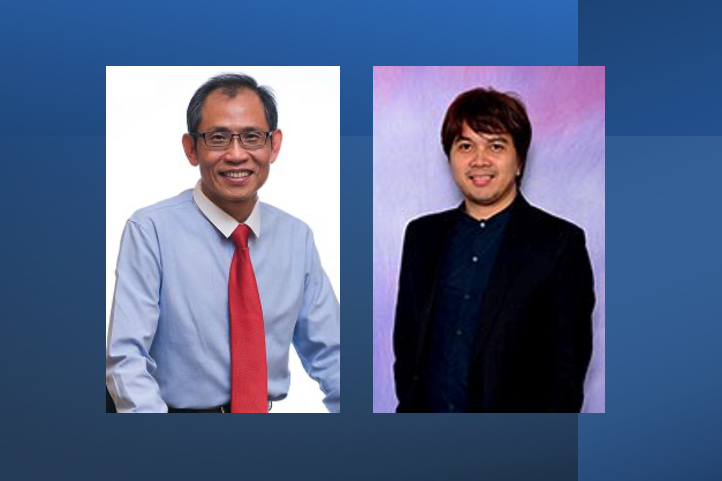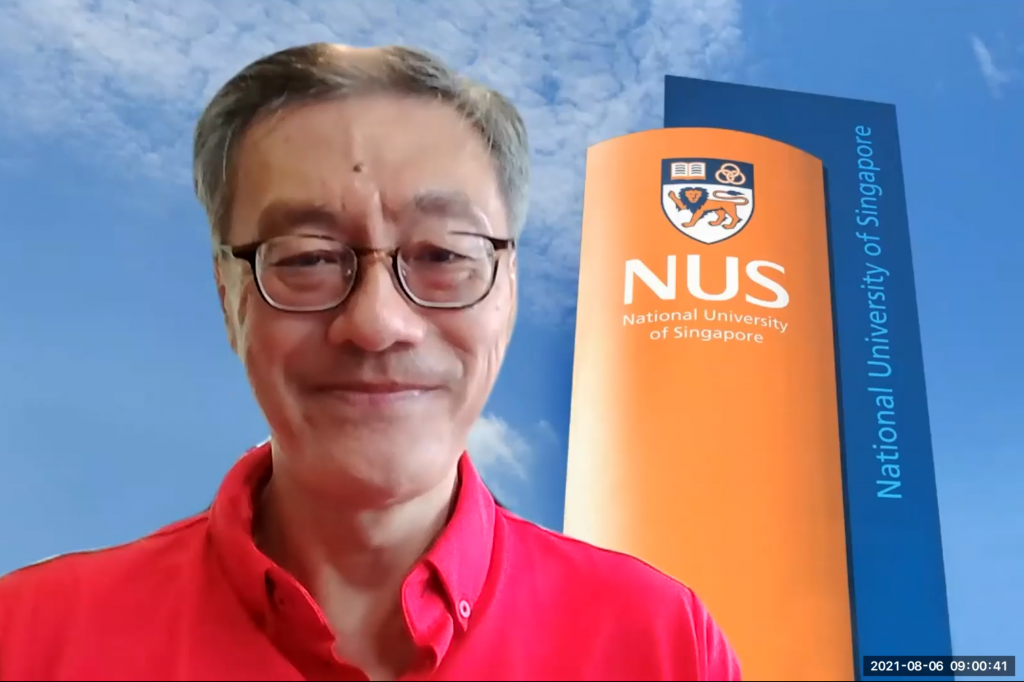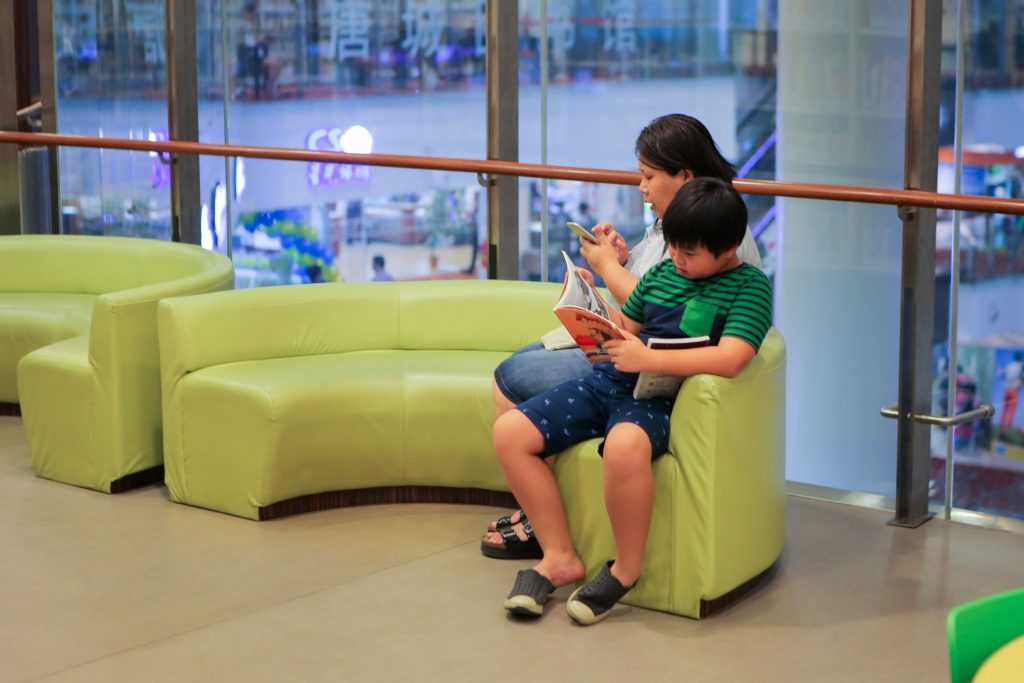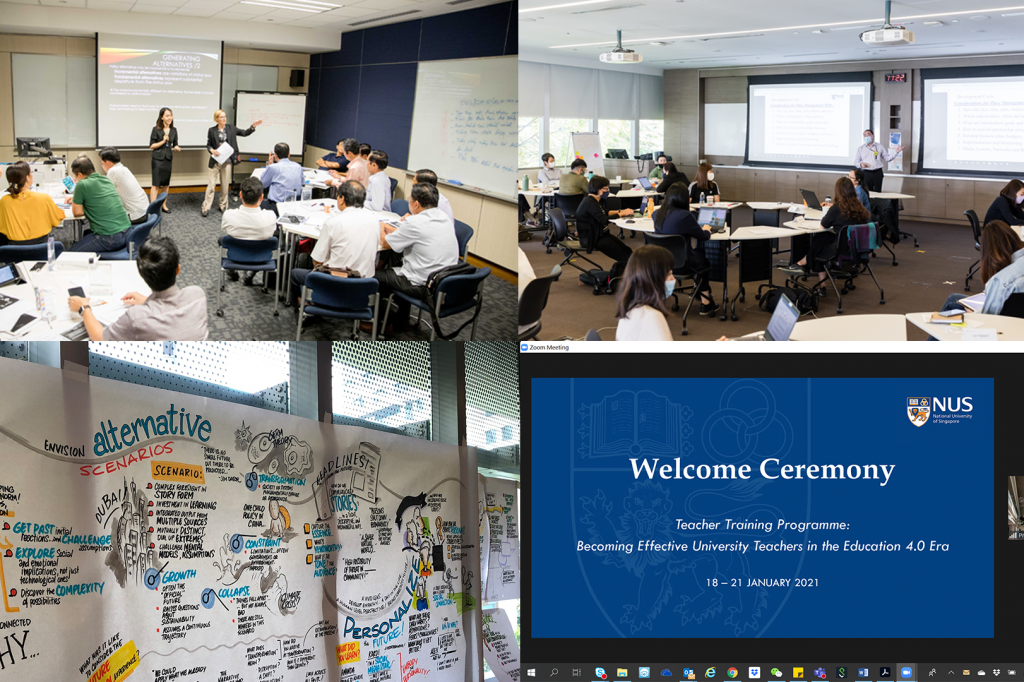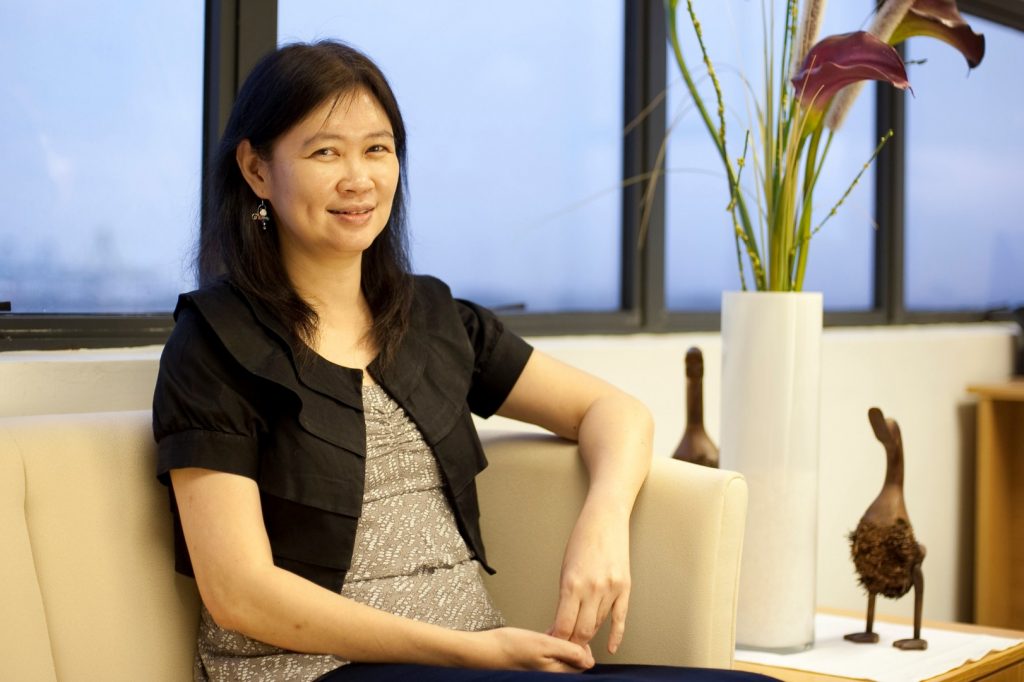News
The National University of Singapore (NUS) has released its inaugural Impact Report, highlighting the University’s wide-ranging contributions over the past five years, from 2016 to 2020. The report details the University’s efforts and progress in shaping talent, solutions and society for the future.
Professor Lionel Wee will be appointed the new dean of the NUS Faculty of Arts and Social Sciences (FASS) and co-dean of the College of Humanities and Sciences from 1 October 2021.
The NUS Centre for Language Studies is turning 20 this year and celebrating the occasion by offering free culture workshops and trial language classes
Eleven members of the FASS community have received awards, including the Public Administration Bronze, Commendation and Long Service Medals from the Prime Minister’s Office.
The NUS National Day Observance Ceremony on 6 August 2021 saluted the country and the University’s resilience in these unprecedented times, whilst providing hope for the future.
In ‘China cracking down on private tuition: A Lesson for Singapore?’ (Straits Times, August 2021), Ms. Ng Shi Wen and Associate Professor Gerard Sasges (NUS Department of Southeast Asian Studies) outline the lessons Singapore could learn from China’s recent decision to tighten regulation surrounding its multibillion-dollar private tutoring and education sector. The Chinese government has …
China’s Crackdown on Private Tuition: A Lesson for Singapore Read More »
Drawing from a book chapter titled “Resilience and Growth: A University’s Response for Future-Proofing Graduates and Careers”, NUS prepares its students for the rapidly changing workplace of today and tomorrow through a commitment to high-quality teaching, carefully designed curricula, and an emphasis on experiential learning.
Professor Yeoh has been teaching and researching at the NUS Department of Geography for more than 30 years, since she joined as Senior Tutor in 1987. The Cambridge graduate obtained her DPhil at the University of Oxford and has published extensively in 35 books and over 230 journal articles.
The top skills desired by employers will include critical thinking, analysis, problem-solving and self-management skills such as active learning, resilience, stress tolerance and flexibility.
The just-released problem statement for NUS CHS’ inaugural Case Competition – Encouraging electric vehicle (EV) ownership in Singapore – is an important real-world topic of especial relevance to us all, as the nation is driving toward a future of electric mobility that is essential to the Singapore Green Plan 2030.




